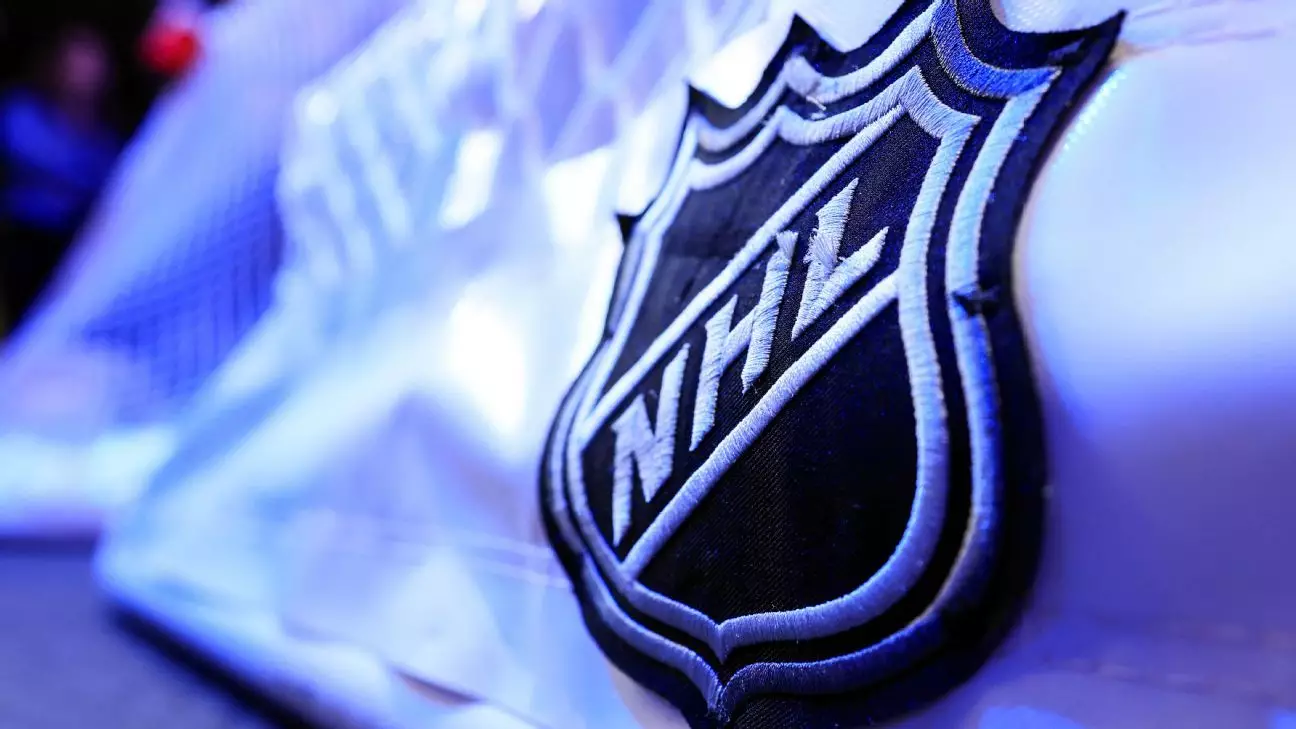In a surprising turn of events, President Donald Trump backed Russian President Vladimir Putin’s suggestion to arrange friendly hockey matches between U.S. players and their Russian counterparts. This proposal, stemming from their recent phone conversation, indicates an unconventional approach to soft diplomacy. While generally perceived as adversarial, Vladimir Putin’s interest in hockey—an integral part of Russian culture—shines a light on sport’s potential to bridge divides, however temporary it may be. Will these symbiotic matches spark a thaw, or merely serve as a footnote in the annals of geopolitical tension?
Sport as a Diplomatic Tool
Throughout history, sport has played a pivotal role in fostering international relations. The Cold War era is particularly rich with examples where sports were used as a means to ease tensions. From the “Ping Pong Diplomacy” of the 1970s to the famous “Hockey Summit” series in 1972, these events showed that athletic competition could serve as a method for dialogue when traditional political channels seemed ineffective. Trump’s suggestion seems to mirror this legacy, providing a platform for U.S. and Russian players to showcase their skills while potentially easing some of the icy relations between the two nations.
The NHL’s Cautious Stance
The National Hockey League (NHL), however, remains on the sidelines as this conversation unfolds. While the league has hosted several exhibition matches against Russian teams in the past, it is now in a state of uncertainty due to the political landscape. The NHL’s statement highlights this cautious positioning, emphasizing that they were not privy to Trump and Putin’s discussions. This approach indicates a broader apprehension to engage directly with Russia amidst ongoing hostilities resulting from its invasion of Ukraine.
For the NHL, the suspension of ties with the Kontinental Hockey League (KHL) signifies a seismic shift, as the NHL had previously engaged in collaborative ventures with its Russian counterpart. The decision to cut ties may have been made for both ethical and diplomatic reasons, reflecting a league that is acutely aware of its larger role on the world stage, especially given the increasing scrutiny over Russia’s actions since 2022.
Consequences of Isolation
The ramifications of these geopolitical tensions are profound, particularly for Russian athletes and fans alike. Since the invasion of Ukraine, Russia’s presence in international sports—hockey included—has been diminished. The International Ice Hockey Federation has banned both Russia and Belarus from participating in major international tournaments, an act of exclusion that has far-reaching implications. Such isolation in the sports realm not only deprives athletes of the chance to compete on global stages but also affects the fans who take immense pride in their national teams.
The IIHF’s ongoing ban, now extended through the 2025-26 season, further enforces this isolation at a time when the world is looking towards unity and understanding through sport. Ironically, the prospect of games between U.S. and Russian players could be framed as an antidote to this pervasive exclusion.
A Hockey Championship with Political Undertones
In an unexpected twist, hockey served as a political stage recently during the NHL 4 Nations Face-Off championship game, wherein Trump took an active interest by calling Team USA to express his support. This interaction not only elevated the emotional stakes of the game but also reflected the entangled nature of sports and politics. With a contentious trade backdrop and remarks that strained U.S.-Canadian relations, the championship became more than just a sporting event; it morphed into a microcosm of the geographical and political tensions existing between neighboring countries. Trump’s involvement brought added weight to the competition, highlighting how sports often become arenas for larger social and political narratives.
While Team USA ultimately fell short against Canada, the dynamics of sportsmanship and national pride have seldom been so charged. Coach Jon Cooper’s remarks about the gravity of victory for the Canadian players suggest that the stakes have grown beyond mere numbers on the scoreboard, tightly woven into the very fabric of national identity during a troubled era.
As discussions between Trump and Putin suggest an unusual route to mending relations through hockey, one must ponder the efficacy of such initiatives. Whether these proposed matches will materialize or simply remain a fleeting idea is yet to be seen, but their existence shines a spotlight on how sports can be a powerful, albeit complex, instrument of diplomacy in challenging times.

